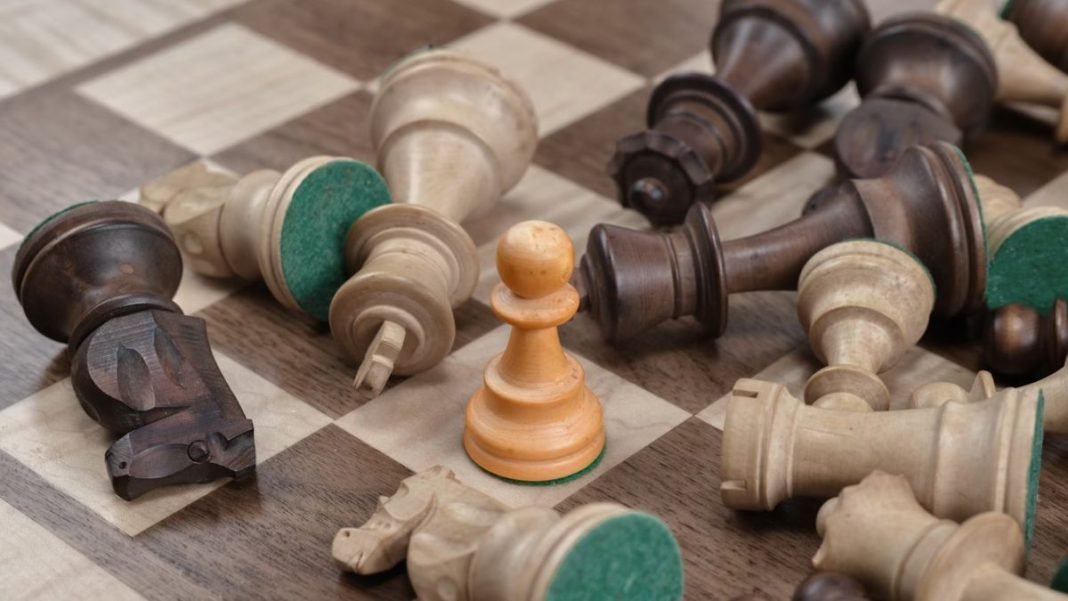Chess and sports betting appear different on the surface, yet they share remarkable similarities in the thinking patterns they reward. The comparison is very transferable to a chessboard and a betting app like 1xbet app download which both, as surprising as it is, have a lot in common. For example, the strategic mindset developed over the chessboard might help create a more thoughtful approach to sports wagering. While neither activity offers guaranteed success, the mental frameworks from chess can potentially enhance betting decisions.
Pattern Recognition: Seeing What Others Miss
Chess players develop an exceptional ability to recognize patterns after studying thousands of positions. This same skill can benefit sports bettors. By watching games analytically rather than just for entertainment, you might notice how certain teams perform in specific weather conditions, identify player performance patterns following injuries, or recognize coaching tendencies in particular situations. These observations provide potential information advantages, though it’s important to remember our brains sometimes find patterns where none exist—especially with small sample sizes.
Forward Thinking: Calculating Multiple Moves Ahead
Strong chess players calculate several moves ahead, considering how positions might evolve through various decision paths. Applied to sports betting, this means thinking beyond immediate games to consider longer sequences. Consider how tonight’s result might affect future lineup choices, how a player performing through injury could impact effectiveness in coming weeks, or how upcoming weather forecasts might influence teams with weather-dependent strategies. Sports contain more variables than chess, making perfect prediction impossible, but this forward-thinking approach can sometimes help identify value before markets adjust.
Emotional Discipline: Thinking Despite Pressure
Chess teaches players to maintain rational thinking under pressure, a skill perhaps even more valuable in sports betting where financial stakes can trigger impulsive decisions. This discipline helps resist chasing losses with risky bets, maintain analytical processes during winning streaks, and stick to predetermined bet sizes regardless of recent results. Both chess and betting reward those who separate emotions from decisions, relying on objective assessment rather than feelings about a position.
Position Evaluation: Honest Assessment of Situations
Chess players learn to evaluate positions objectively, analyzing strengths and weaknesses without wishful thinking. In betting, this translates to evaluating teams and matchups without biases — assessing your favourite team objectively, recognizing when public perception might skew betting lines, and acknowledging your knowledge limitations about certain sports. This objectivity helps counter the tendency to overvalue teams we support or underestimate those we dislike.
Preparation and Study: The Work Behind Success
High-level chess requires extensive study away from the board. Similarly, thoughtful sports betting involves research beyond watching games. This includes analyzing statistical trends not widely discussed, understanding team strategies and matchups, and studying how external factors like travel schedules affect performance. Both activities reward thorough preparation, though casual participants can still enjoy them without this investment.
Bankroll Management: Resources as Pieces
Chess teaches resource management—knowing when to trade pieces and how to maximize their value. In betting, your bankroll represents these resources. Managing it requires determining appropriate bet sizes based on the perceived edge, avoiding overextension on single wagers, and preserving enough capital for inevitable downswings. Some bettors even borrow chess terminology, referring to bankroll allocation as “piece management.”
Learning from Mistakes: Post-Game Analysis
Chess improvement relies on analyzing games, especially losses. This reflective practice benefits bettors through keeping detailed records, reviewing past wagers to identify decision patterns, and honestly assessing whether losses came from bad luck or flawed analysis. Without this reflection, both chess players and bettors risk repeating mistakes indefinitely.
Final Thoughts
While chess thinking won’t guarantee betting success, it offers a structured framework for decisions in an arena where many rely on intuition or emotion. The key lesson from chess might be humility — recognizing that even the best-calculated moves sometimes fail. Unlike chess, sports betting success requires not just analytical skill but also overcoming the house edge built into the odds.
Disclaimer: Gambling involves risk. Please only gamble with funds that you can afford to lose.




